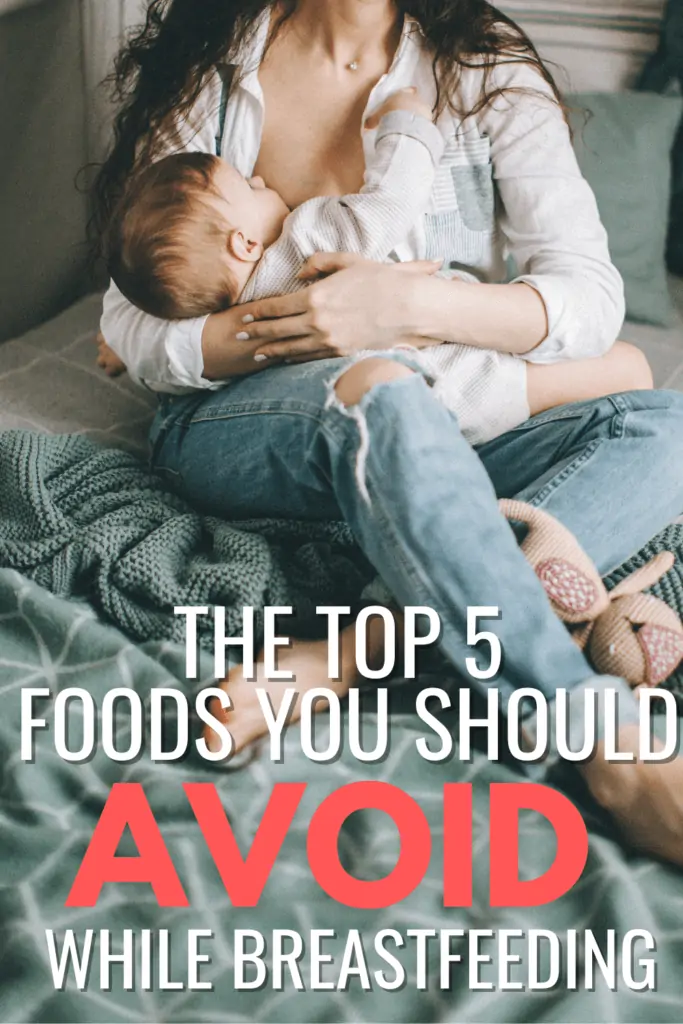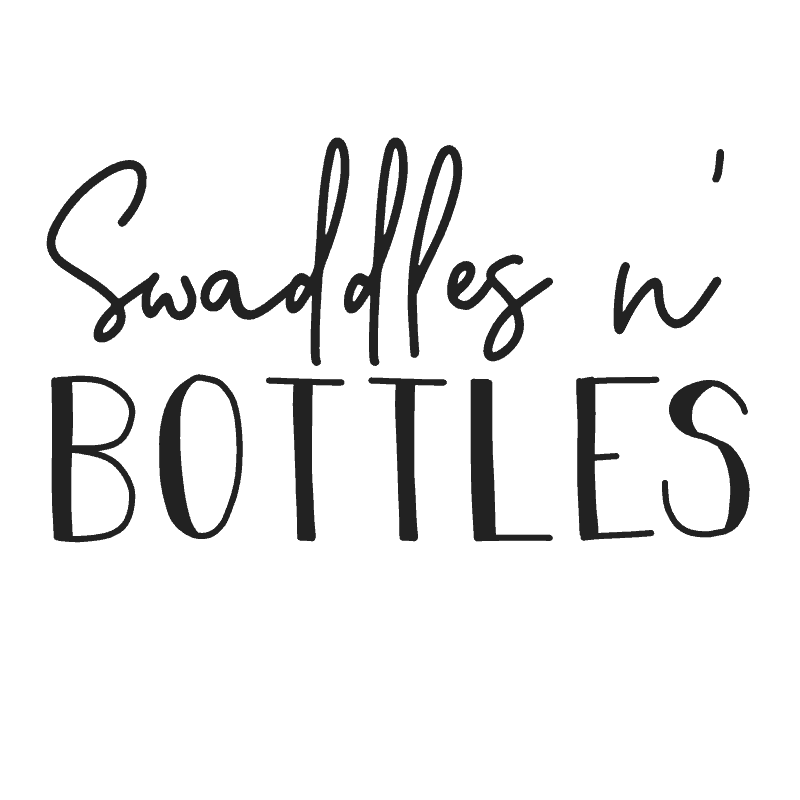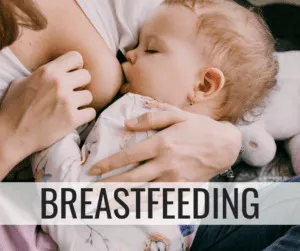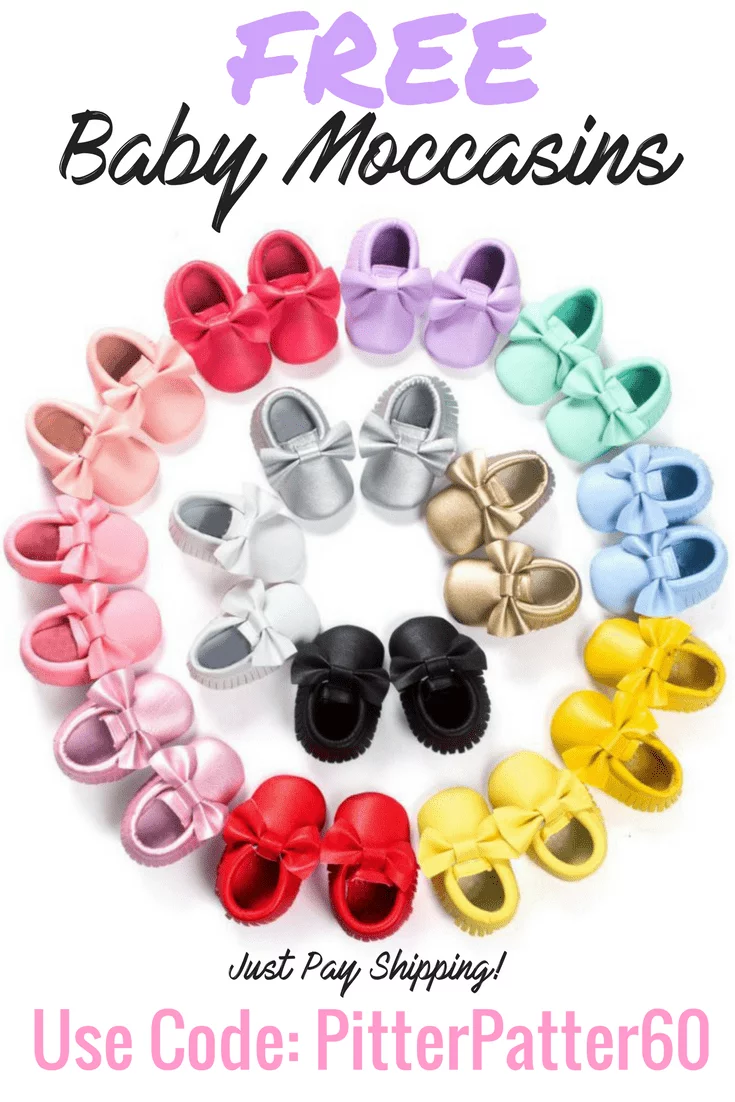
Top 5 Foods to Avoid While Breastfeeding and the 5 BEST foods to eat while breastfeeding
Breast milk is incredibly important because it is the number one source of all the essential nutrients your baby needs for the first 6 months of life.
Studies have shown that breast milk composition varies from woman to woman, and it is often determined by your diet. Hence the saying your baby is what you eat.
This is why it is so important to eat all the right foods as you breastfeed. This guide will outline the top 5 foods to avoid while breastfeeding as well as the 5 best foods to include in your diet during breastfeeding. Throughout the text, we’ll also sprinkle essential tips and tricks to help you take your breastfeeding to the next level.
Top 5 foods to avoid while breastfeeding
While experts recommend that breastfeeding women should prioritize eating a balanced, varied diet, there are some foods that are absolutely off limits. Here is a list of some of them.
1. Highly processed foods
Highly processed foods are known to be high in calories, processed sugars, and unhealthy fats. They are also low in fiber and essential nutrients like vitamins and minerals. For this reason, it is important to limit their intake. If you can, avoid them completely as you breastfeed.
Some studies have also shown that your diet as you breastfeed can have an effect on your child’s food preferences later in life. Children of mothers who consume more junk food get exposed to those flavours from early in life, and they develop preferences for them as they grow. In the end, they will become significantly more likely to prefer such foods later in life. This is thought to be one of the underlying causes of obesity in children.
2. Alcohol
Experts recommend abstaining from alcohol completely as you breastfeed. It has been shown to reduce breast milk production. In excess, it can lead to poor sleep patterns in babies, cognitive delays, and delays in psychomotor skill development.
If total abstinence is not possible, an occasional drink may be OK as long as you limit the amount you consume and you carefully consider the timing of your consumption.
According to the CDC, the amount of alcohol in breast milk peaks 30-60 minutes after consuming it and can remain in your system for 2-3 hours. These values are for a single drink, which means the more alcohol you drink, the longer it takes to leave your system.
The official CDC recommendation is no more than 1 standard drink a day (ideally less than this) no less than 2 hours before you breastfeed. A standard drink is 12 ounces (355 mL) of beer, 5 ounces (125 mL) of wine, or 1.5 ounces (45 mL) of hard alcohol.
3. High mercury content fish
Fish is a great source of omega-3 fatty acids that are important for a baby’s brain development. However, some fish contain a lot of mercury, making them toxic to babies and children.
Prolonged and excessive exposure to mercury can affect your child’s nervous system. This can lead to cognitive delays, impaired fine motor skills, and delays in speech and language development.
Therefore, try to avoid high mercury content fish completely as you breastfeed. Examples of fish to avoid include marlin, tuna, mackerel, shark, swordfish, and tilefish.
4. Some herbal supplements
Most common herbs like basil and cumin are considered safe during breastfeeding.
However, the use of herbal supplements and teas could be potentially dangerous to breastfeeding mothers. There is a lot of research in this area and these supplements are not regulated by the FDA. This means there is a high risk of potential misuse and contamination.
Therefore, it is best to err on the side of caution and talk to your healthcare provider about any potential herbs you’d like to take before incorporating them in your diet.
5. Caffeine
Caffeine is commonly found in coffee. However, tea, soda, most energy drinks, and chocolate also have a high caffeine content. Consuming caffeinated foods or beverages means that some of the caffeine will end up in your breast milk.
Babies cannot digest caffeine. They also can’t get rid of it, so over time, it accumulates in their system. The result is irritability and trouble sleeping.
This is why it is best to avoid caffeine completely while you’re breastfeeding. If you can’t, the CDC recommends no more than 300mg of caffeine a day, which is the same as two cups of coffee.
Other foods to avoid
-Strongly flavoured foods like onions and garlic are known to make some babies fussy or to make them refuse to feed. If such foods affect your baby, it may be best to avoid them.
-Cow’s milk and soy: if your health care provider suspected that your baby may be allergic to soy or cow’s milk, it is best to exclude them from your diet.
-Some foods are known to decrease milk supply in some women when eaten in large amounts. Foods like peppermint, parsley, jasmine, chasteberry, and cabbage have this effect. If you notice an unusual decrease in your milk supply, consider eliminating these foods from your diet.
That said, before making any decision that could potentially affect your baby’s nutritional intake, be sure to consult your pediatrician first.
5 Best foods to eat while breastfeeding
Consider adding these foods to your diet to supplement the nutritional content of your breast milk:
- Avocados
Avocados are famous for being packed full of nutrients. This makes them perfect for nursing moms.
They are nearly 80% fat, which means they can help you meet your increased caloric demands. Plus, they also require almost zero prep time, which allows you to focus more on caring for your little time and less on preparing a healthy meal.
Avocados are also a great source of B vitamins, vitamin C, vitamin E, vitamin K, potassium, and folate.
- Nuts
Nuts are also great for breastfeeding moms because they are little nutrient powerhouses. They have high levels of essential minerals like iron, zinc, and calcium as well as B vitamins and vitamin K.
Most nuts also have a high healthy fat content, making them a great source of essential fatty acids and protein.
Many cultures also regard nuts as lactogenic foods. While there is little clinical evidence for this, there may be some truth there so it doesn’t hurt to eat more of them. Almonds are especially great for this and are some of the most popular lactogenic foods in the world.
- Green Leafy Vegetables
Consuming more vegetables has been shown to help improve your health. Plus, it helps establish healthy eating habits for both you and your baby. This will serve you well once you start weaning them at 6 months.
Green leafy vegetables also contain phytoestrogens, substances that have a positive effect on milk supply. This is why they are widely regarded as great lactogenic foods.
- Drink plenty of liquids
Breast milk is 80% water. While drinking more water won’t technically boost your milk supply, it will help your body recover from the stress of childbirth and milk production. Plus, it will give you a much-needed energy boost!
So, how much water should you drink? Well, that depends on you. A good rule of thumb is to check your urine: if it is clear, you are taking enough water.
- Legumes
Legumes like beans and chickpeas are a great source of minerals, protein, vitamins, and phytoestrogens. They are also well-known galactagogues.
Do not limit yourself to one type of legume: soybeans, peanuts, peas, lentils, lupins, chickpeas, and beans are all great choices. Mixing things up will help ensure that you always have a healthy milk supply.
Other lactation foods to incorporate in your diet
-Oats
-Brewers yeast
-Fennel
-Fenugreek
-Lactation tea
Be sure to maintain a regular eating schedule. Never skip meals and you will always have a healthy milk supply.
Final Thoughts
Breastfeeding is the best source of nutrition for babies. That said, the composition of your breast milk is affected by the food you eat. Therefore, there are some foods that are off the table and should not be consumed while you are breastfeeding. Other foods will give you a much-needed nutritional boost as you breast feed, which is why you should try to consume more of them.









